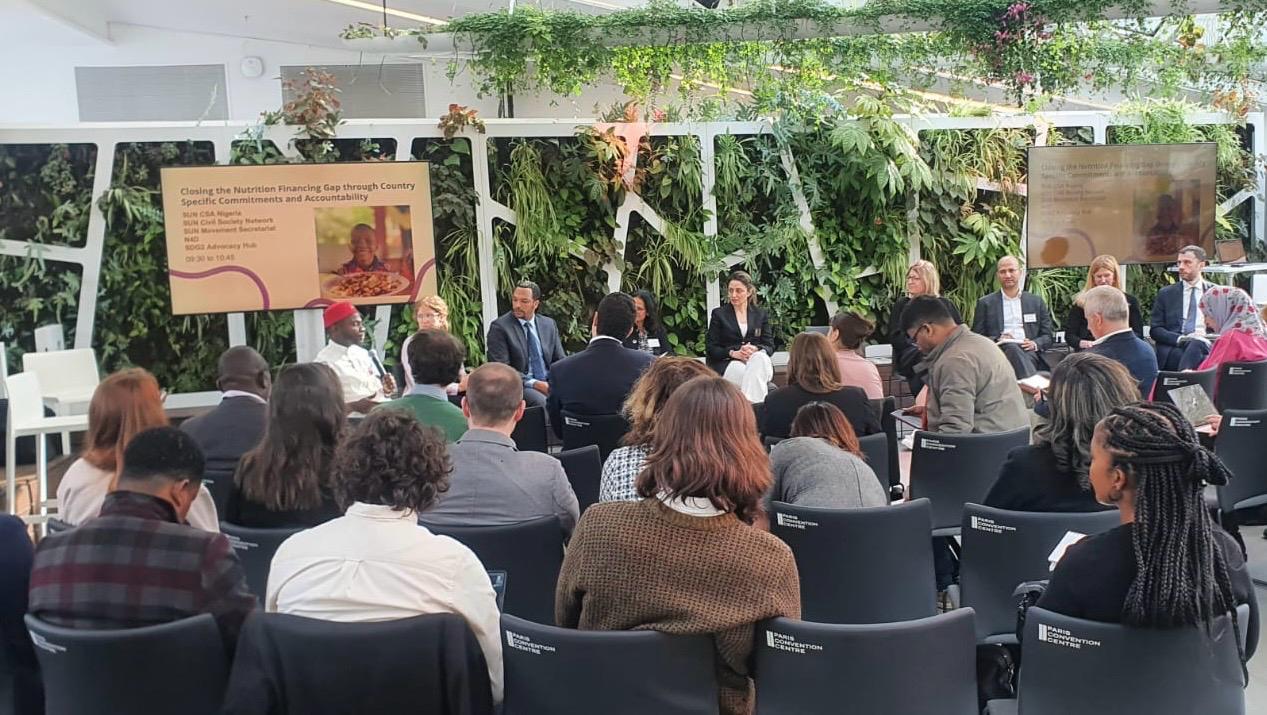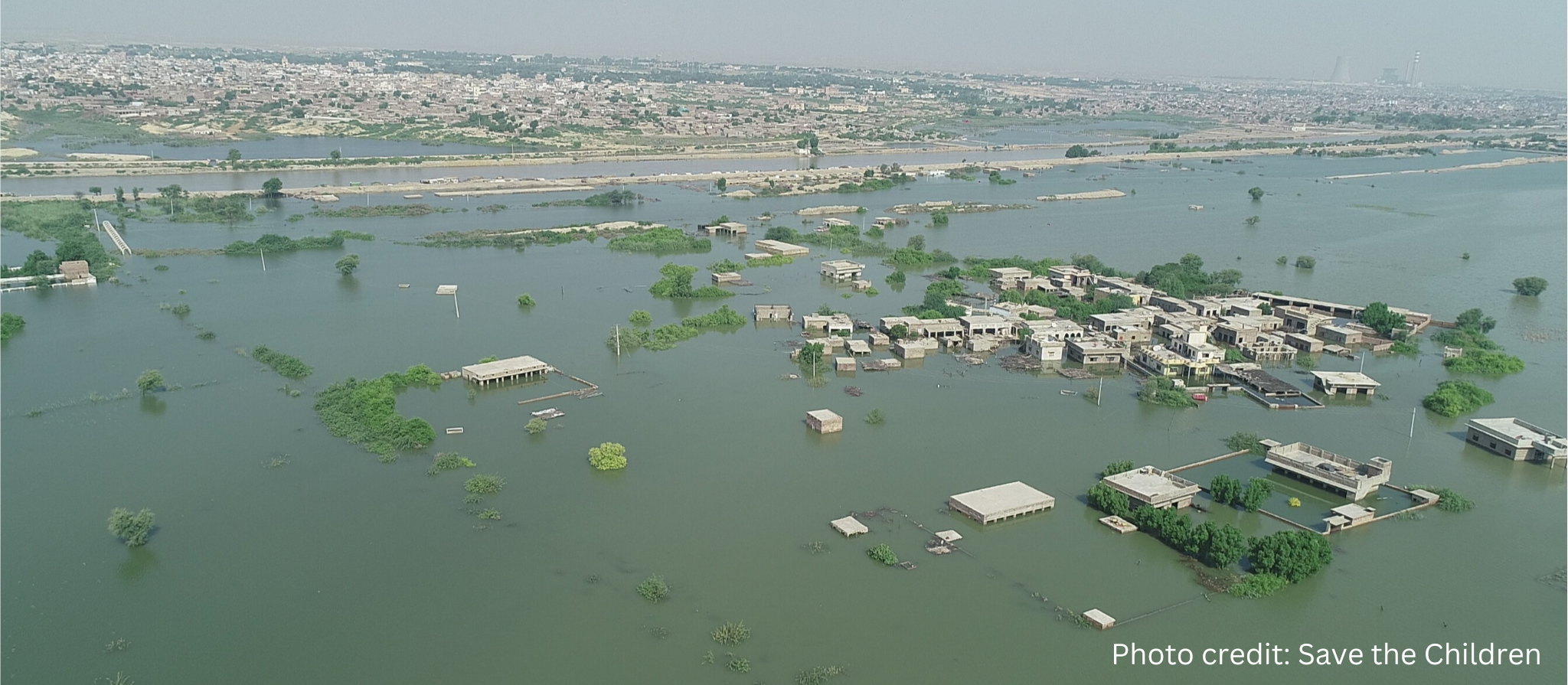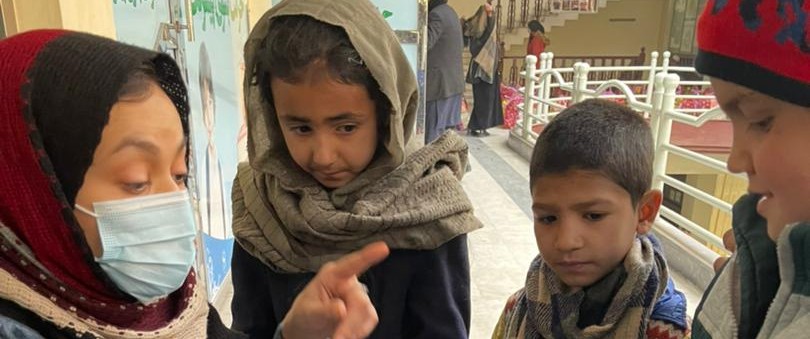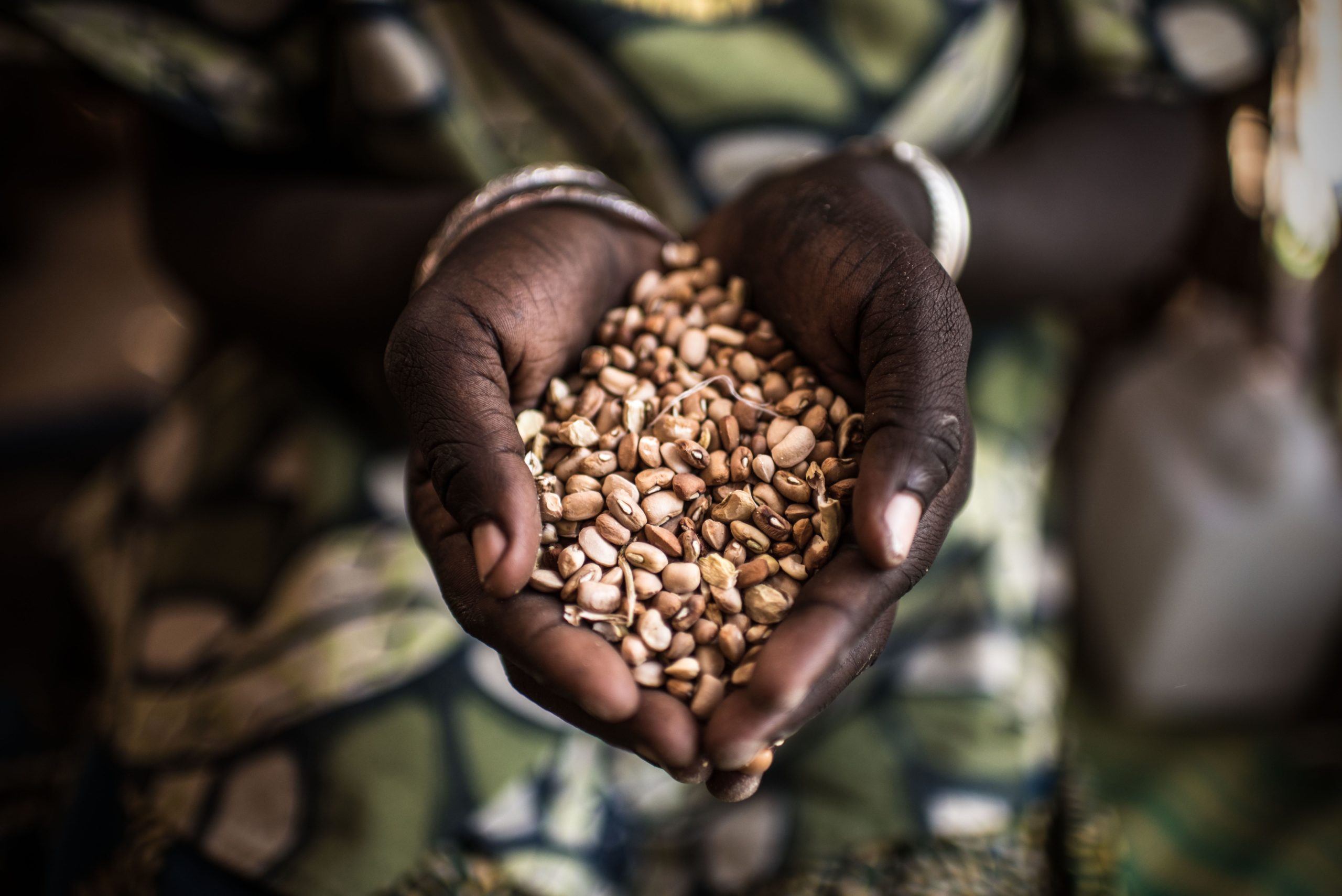In the margins of the N4G Summit, civil society organisations from across the world gathered for two days in the Civil Society Pavilion to confront pressing challenges in the nutrition landscape and shape a path forward. From these discussions, civil society united behind a set of key recommendations, with over a hundred organisations supporting this […]
LireToutes les infos Child Nutrition
Sélectionnez les sujets qui vous intéressent pour filtrer les articles.
Empowering local voices at the Micronutrient Forum 6th Global Conference: A critical role in shaping the global agenda on nutrition resilience
By Alexandra Newlands, Head of the Scaling Up Nutrition Civil Society Network & Irshad Danish, Senior Advocacy Adviser at Nutrition International, and Chair of the Scaling Up Nutrition Civil Society Network With the contributions of Tanuja Rastogi, Director of Advocacy & Communications, Micronutrient Forum At the forefront of our journey towards a healthier and more […]
LireFlooding in Pakistan: Fears for Nutrition and Food Security
Flooding in Pakistan: Fears for Nutrition and Food Security Devastating flooding in Pakistan has swept away crops and stockpiles and left large areas of farmland under water, deteriorating the precarious food and nutrition security in the country. The communities who were already living on the edge now need to cope with this sudden shock of […]
LireSUN CSA Vietnam goes digital! How AI technology is helping to fight Code violators in Vietnam.
Our Civil Society Alliance in Vietnam, led by Alive & Thrive, and thanks to FHI Solutions’ Innovation Incubator, have teamed up with artificial intelligence (AI) company Hekate. Their aim? To try and end exploitative marketing of commercial milk formula and related products within the scope of the BMS code, on the digital frontline. Hekate, a […]
LireLife under the Taliban: Obstacles faced in Afghanistan
Part 4: Being a child in Afghanistan Written by Zuhra Dadgar-Shafiq, Programme Director and Co-Founder of Action for Development who provide vital health and education services in Afghanistan to the most marginalized and vulnerable individuals through cost-effective, cascade-model projects that allow for community participation and empowerment. Afghanistan has been struggling with conflict for over 40 years. The situation […]
LireLife under the Taliban: Obstacles faced in Afghanistan
Part 3: Rising food prices Written by Zuhra Dadgar-Shafiq, Programme Director and Co-Founder of Action for Development who provide vital health and education services in Afghanistan to the most marginalized and vulnerable individuals through cost-effective, cascade-model projects that allow for community participation and empowerment. Afghanistan has been struggling with conflict for over 40 years. The […]
LireLife under the Taliban: Obstacles faced in Afghanistan
Part 2: Covid-19 and disease Written by Zuhra Dadgar-Shafiq, Programme Director and Co-Founder of Action for Development who provide vital health and education services in Afghanistan to the most marginalized and vulnerable individuals through cost-effective, cascade-model projects that allow for community participation and empowerment. Afghanistan has been struggling with conflict for over 40 years. The […]
LireThe SUN Civil Society Network launches its new 5-year strategy!
Why do we need a new CSN strategy? The Civil Society Network 3.0 strategy (2021-2025) constitutes an essential guide to rally all civil society members’ collective efforts behind a strong mission and vision. The CSN 3.0 strategy was designed for the Network by the Network, in alignment with the overall SUN Movement 3.0 strategy. As such, the […]
LireFAMILY MUAC PROJECT 2020 – SUN POOLED FUND Afghanistan
By Alison Farnham MA, MMedSci, Nutritionist and SUN Pooled Fund Project Consultant, Action for Development Background Afghanistan is one of the poorest countries in the world. Since the Soviet invasion in 1979, the country has suffered through more than four decades of conflicts that have taken an incalculable toll on the country’s economic infrastructure and […]
LireHunger is real, staying home is not so real.
Daniel Ishaku’s COVID-19 story Daniel Ishaku is 16 years old and lives with six of his siblings in a one-bedroom house in an urban slum called Kapwa in Nigeria. Daniel lost his father when he was 4 years old, and his unschooled mother became the primary caregiver. In order to sustain and provide for her […]
LireEnvoyer un article
Si vous êtes membre d’un Réseau de la société civile SUN et que vous souhaitez partager un article, envoyez-le en remplissant le formulaire de contact et en sélectionnant « Envoyer un article » dans la section « Motif du contact » afin que nous puissions le lire et le publier.
Daniel Ishaku’s COVID-19 story
Daniel Ishaku is 16 years old and lives with six of his siblings in a one-bedroom house in an urban slum called Kapwa in Nigeria. Daniel lost his father when he was 4 years old, and his unschooled mother became the primary caregiver.
In order to sustain and provide for her large family of six, Mama Daniel resorted to making and selling the local beer known as Burkutu – which the community have come to enjoy, and a good number of customers visited her business daily. This is, and now was, what provided the decent daily income which she utilized to care for and support her children’s schooling and welfare.
Now food is scarce for lack of patronage
With the advent of the Coronavirus (COVID-19) pandemic and the enforcement of the government lock-down policy, Mama Daniel is unable to sell her product because no one will come out as they are terrified of contracting the virus – so she is forced to close the business for now until this problem is over.
Daniel laments that hunger has increased due to Mama’s inability to provide as much food as she was used to. With no income, or support from friends, family, and the government, it is nearly impossible for her to continue with obeying the government’s instructions of remaining at home; she’s afraid that if government does not lift or reduce the timing for the lock-down policy, her desperation to keep her family alive will become her number one priority.
The government responds
The government of Nigeria has continued to adopt and adapt to new global strategies daily as a result of the COVID-19 pandemic by putting many measures in place, including, contact tracing, testing, treatment of positives, school closure, and the stay home policy, with further enlightenment for the adoption of social distancing, constant washing of hands, ban on inter-state travels & mass gatherings, public wearing of mask – all these to help inhibit the spread and prevent the worse outcomes of the virus.
While we commend and agree that these measures are the best for the situation at hand – one that will curb the infection trend, we have come to note its downsides as the outcome of these drastic measures is presenting a whole new challenge for families and caregivers especially in vulnerable homes. Many Nigerians live everyday with the inability to further meet their basic needs like food, clean water and daily income.
In response to the plight of the vulnerable households in the Federal Capital Territory (FCT), the HIV/AIDS unit of the Social Development Secretariat (SDS) of the Federal Ministry of Women Affairs and Social Development (FMWSD) through the Association for Orphan and Vulnerable Children in Nigeria Network (AONN), FCT Chapter, distributed palliatives to some of the vulnerable households. As a member of AONN and a member of CS-SUNN’s steering committee, Heal The Youth Foundation (HTYF), was called upon along with five other organizations to distribute the items listed below to the community.
| Item | Unit |
| Hand Sanitizers | 300ml; 2 bottles |
| Bread | 4 loaf |
| Gala snacks | 8 cartons; 26 pcs/carton |
| Groundnut cookies | 4 cartons; 18 pcs/carton |
| Coconut Cookies | 4 cartons; 18 pcs/carton |
These items were shared among 26 children including Daniel who came along with his siblings to collect their share. Each child received eight pieces of Gala (a type of sausage snack), four pieces each of groundnut and coconut cookies, other items like bread and sanitizers where given to the gate keepers.
He was happy to receive the palliatives brought by the government through HTYF because it brought instant relief of the hunger pangs, however, he mourned that these will not be enough in the long run. He would urge the government to do more by providing real food items like rice, beans, corn flour, palm oil and other grocery provisions to help reduce the hunger being inflicted by the lockdown.
Caring for every Nigerian is not a one-off job
Note that this was just a one-off event and no food item was delivered again to these households.
Daniel’s story is a representation of about 2 million orphans and vulnerable children living in Nigeria. According to UNICEF about 2 million children in Nigeria suffer from severe acute malnutrition and only two out of every 10 children affected is currently reached with treatment. Nigeria has the highest number of people living in extreme poverty in the world. Civil conflict continues to spread in several parts of the country.
Written by:
Aji R. Robinson
Founder & Executive Director
Heal The Youth Foundation
Email: [email protected]
Twitter: @htyf_worldwide
IG: @htyf_worldwide
Facebook: Heal the Youth Foundation
www.htyfworldwide.org (WIP)
The story is a true recorded account narrated by Daniel Ishaku himself (Voice Note recording) on 26th April 2020, during an encounter that took place at the distribution of the palliative by HTYF. Heal the Youth Foundation sit on the steering committee of CS-SUNN in Nigeria.
Story is Transcribed and reported with consent.
| Photo credit: Tommy Trenchard / Save the Children |










